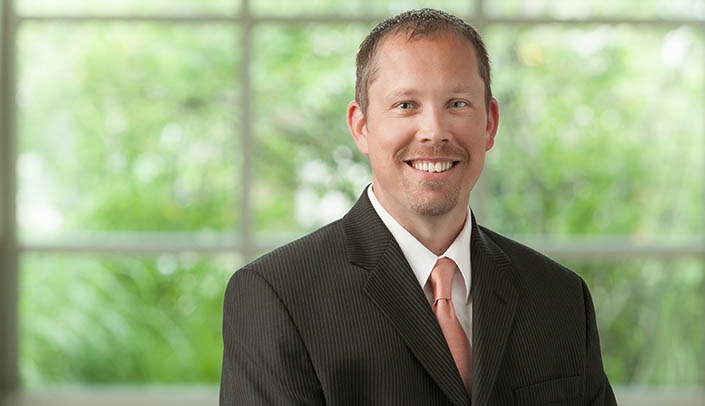Saving patients from sepsis is part of the medical center’s commitment to improving patient safety and quality. Thanks to a pilot program trialed more than a year ago at Nebraska Medical Center, a code sepsis team has been launched at Nebraska Medicine-Bellevue.
“The goal is to provide an emergent response to a potentially septic patient,” said Micah Beachy, D.O., associate professor, internal medicine, for UNMC, and medical director of clinical effectiveness at Nebraska Medicine.
The team, comprised of an advanced practice provider, a pharmacist and a lead nurse, responds to the bedside immediately when a patient meets certain criteria within One Chart.
“Sepsis is an emergency,” Dr. Beachy said. “It should be treated as one.”
Early identification of sepsis is key to a patient’s recovery, but equally important is following the early treatment guidelines. The hope is this expert team improves our compliance with the three- and six-hour bundles, defined by the guidelines for surviving sepsis, resulting in lives saved.
The goal is to launch a code sepsis team at Nebraska Medical Center before the end of the year.
Septic shock is a condition in which abnormal distribution of blood flow in the smallest blood vessels results in inadequate blood supply to the body tissues, resulting in the heart muscle not getting enough oxygen and organ dysfunction.
The data reveals the workflow and system enhancements, combined with educational efforts of the clinical effectiveness and sepsis operational teams, are having an impact, as the number of sepsis deaths has steadily declined.
“Last quarter, our observed to expected mortality index for septic patients was 0.65, marking one of our best quarters over the past four years,” Dr. Beachy said. “While that’s encouraging, there are still opportunities for improvement.”
One big opportunity involves adherence with guideline-driven fluid resuscitation. In this video, Nebraska Medicine experts explain why 30 mL/kg of fluid resuscitation is important for all of septic shock patients.
